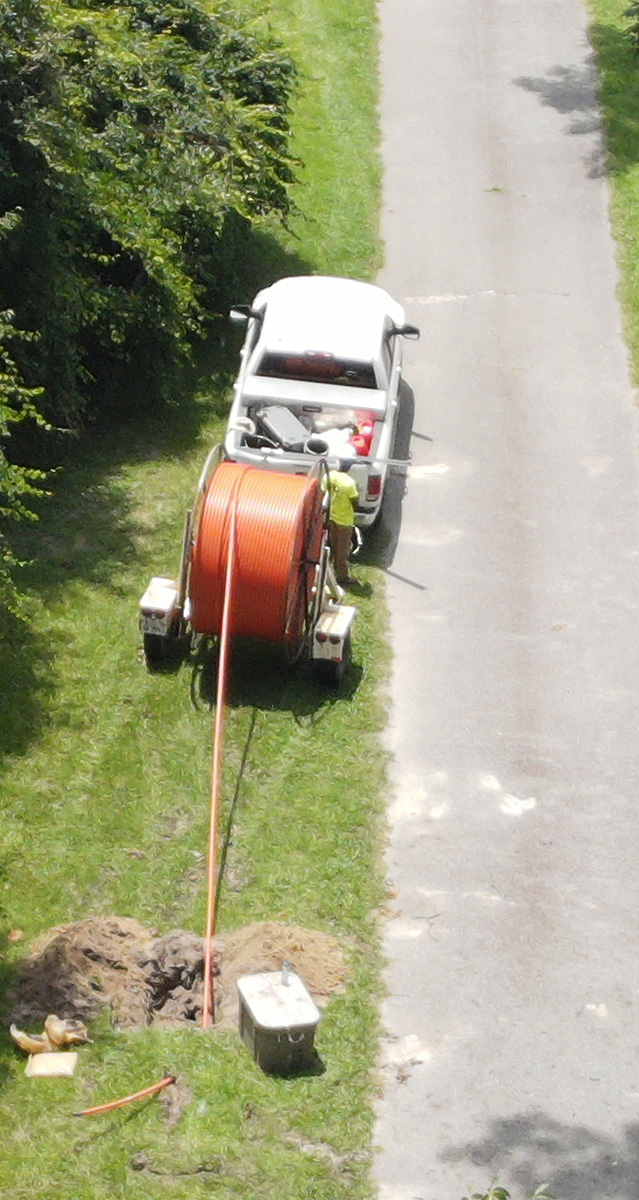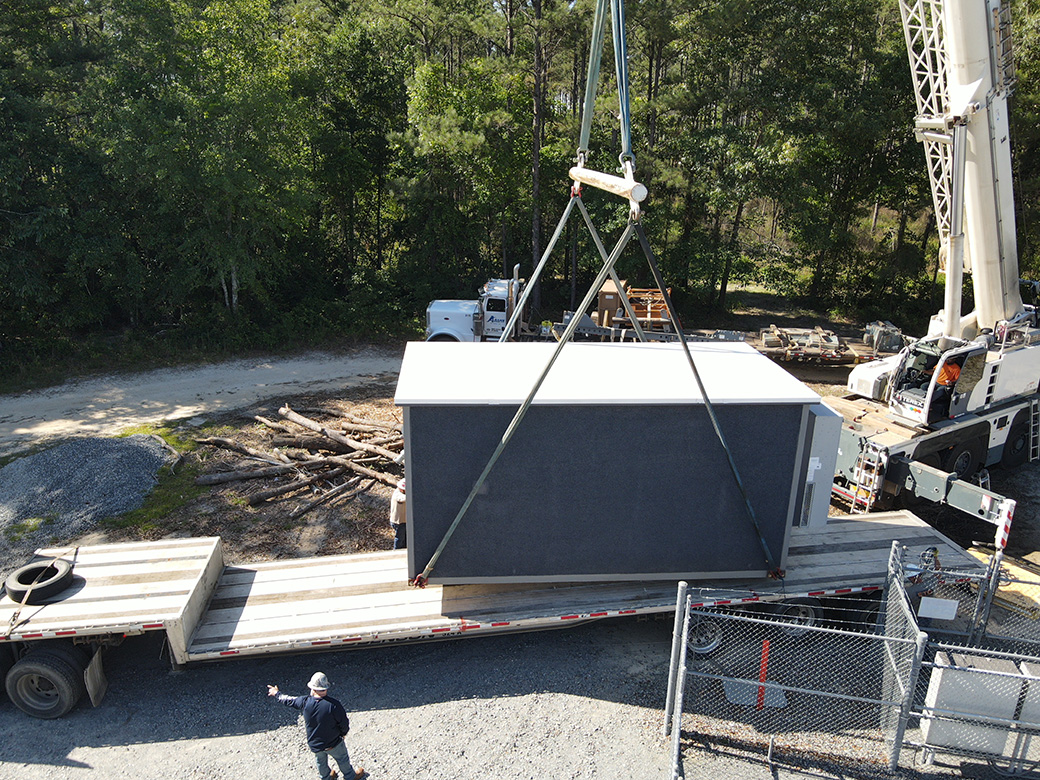Co-op Members
15,000
Total Miles of Fiber
5,570
Project Timeline
3-4 years
Originally published: August, 2023
Since building its first section of electrical line in 1938, Mitchell EMC has been known for its staunch commitment to the rural Georgia members it serves – more than 15,000 today. Spanning four entire counties and parts of 10 additional counties in rural southwest Georgia, the EMC’s service area comprises mostly agriculture and farming communities, with an average density of 3 members per mile.
Given the rural nature of the area, it is not surprising Mitchell EMC members face a scarcity of reliable broadband options. President and CEO Tony Tucker quickly recognized the lack of growth and economic development in the cooperative territory as a result of inadequate high-speed internet availability, especially when compared to larger cities across the state that are flourishing.
"While the state of Georgia continues to experience growth, our cooperative remains stable—neither losing nor growing,” Tucker said. “Since we aren't expanding, we must explore ways to enhance the appeal and attractiveness of our communities to stimulate economic growth and development."
After more than three years of investigating fiber to the home (FTTH) as a solution, Tucker concluded broadband access would be a crucial factor in fostering growth within the community and unleashing its economic potential.
Tucker and his team understood that delivering this vital service to 100 percent of its membership would be essential. The introduction of dependable fiber internet access would help members overcome geographic barriers, access educational and economic opportunities, improve healthcare accessibility, foster social connections and enhance the overall quality of life. With the potential to create such dramatic community change, Mitchell EMC leaders knew the cooperative was the right fit to power the project.

"While the state of Georgia continues to experience growth, our cooperative remains stable—neither losing nor growing,” Tucker said. “Since we aren't expanding, we must explore ways to enhance the appeal and attractiveness of our communities to stimulate economic growth and development."

To get started, the EMC commissioned feasibility studies, consulted with other cooperatives in Georgia that had embarked on broadband projects, and ultimately formed a partnership with Conexon to turn the FTTH initiative into a reality.
"The key aspect of partnering with Conexon is its understanding of cooperative principles. That was the deciding factor for us,” Tucker said.
Tucker and the EMC’s board decided to proceed with Conexon’s Connect model, in which the EMC would own the network while Conexon’s ISP arm, Conexon Connect, would operate the service and serve customers with fiber internet.

The Connect, powered by Mitchell EMC, network is projected to take three to four years to complete and will require approximately 5,570 miles of fiber. Phase one of the project is currently underway, with Mitchell EMC expecting to connect its first members in the fall of 2023.
In addition to the tremendous benefits of high-speed internet access for members, Mitchell EMC leadership sees this project as a chance to enhance its operations by automating its own systems and providing better service to its members, all made possible by reliable connectivity throughout the electric infrastructure.
Although the project is still in its early stages, the pre-launch feedback from members has been overwhelmingly positive and filled with anticipation for the upcoming improvements. "In our area, it's not just that our members lack internet options – it’s obsolete,” Tucker explained. “Our members are eager and excited about the opportunities that are now within reach, opportunities that are readily available in urban areas."